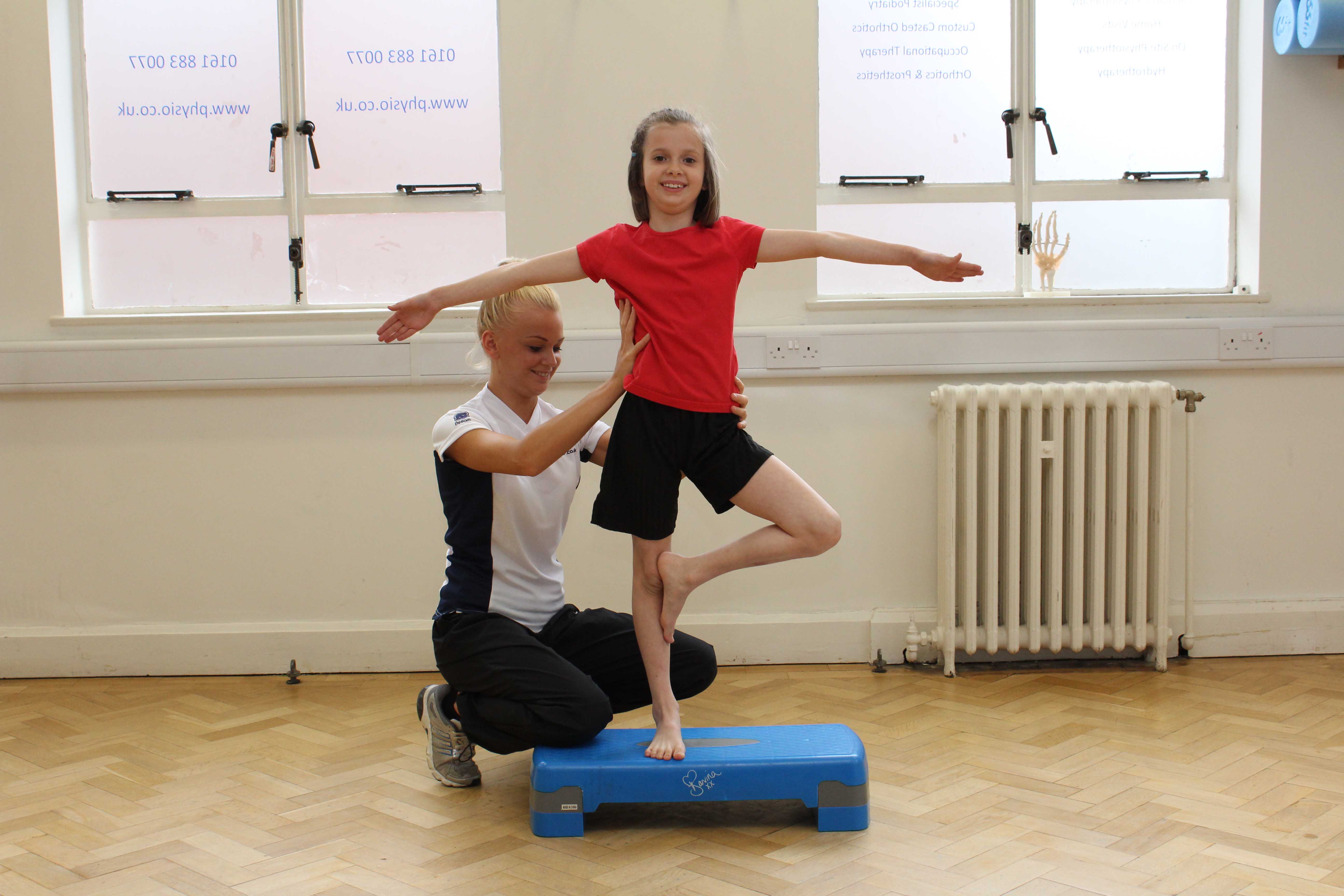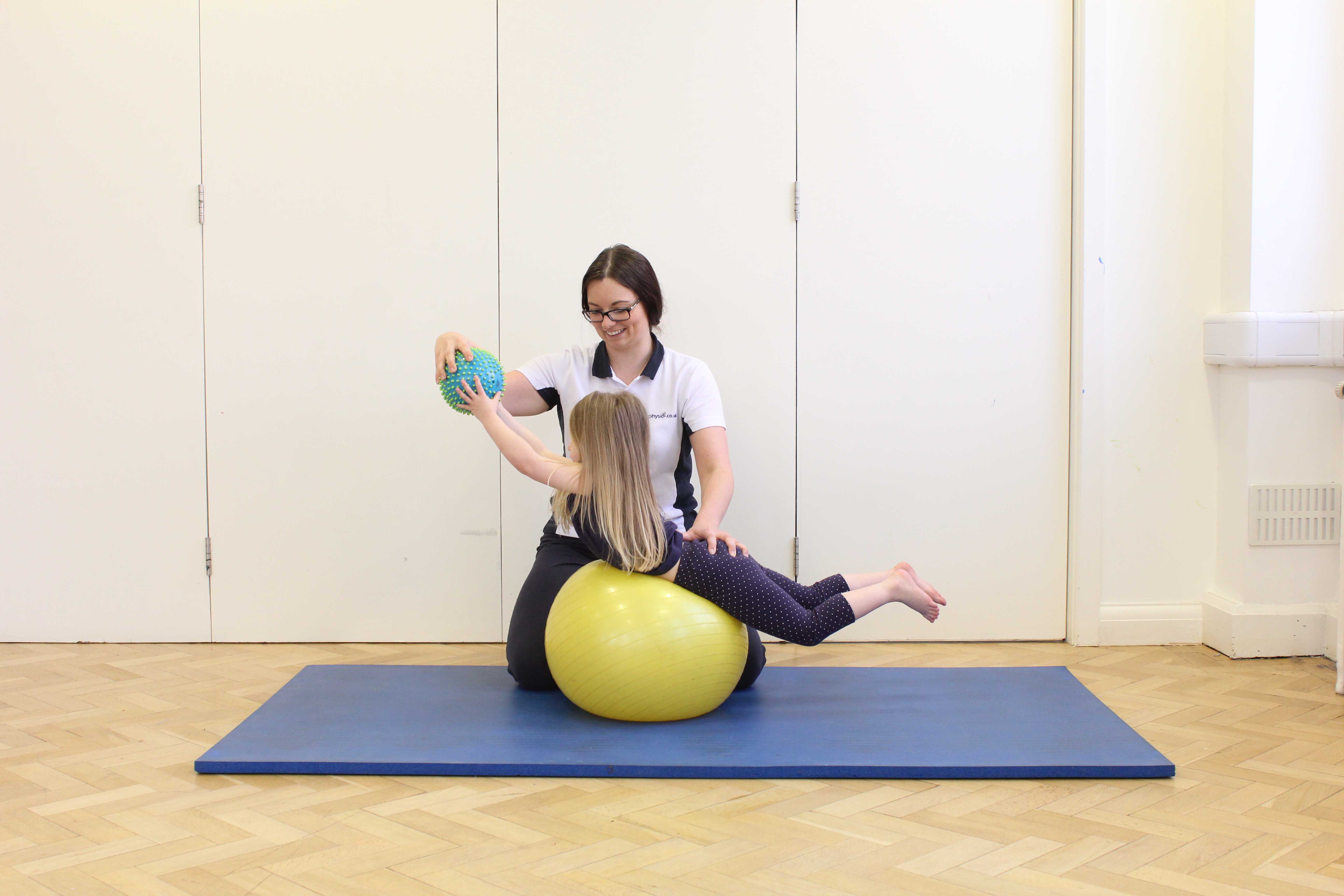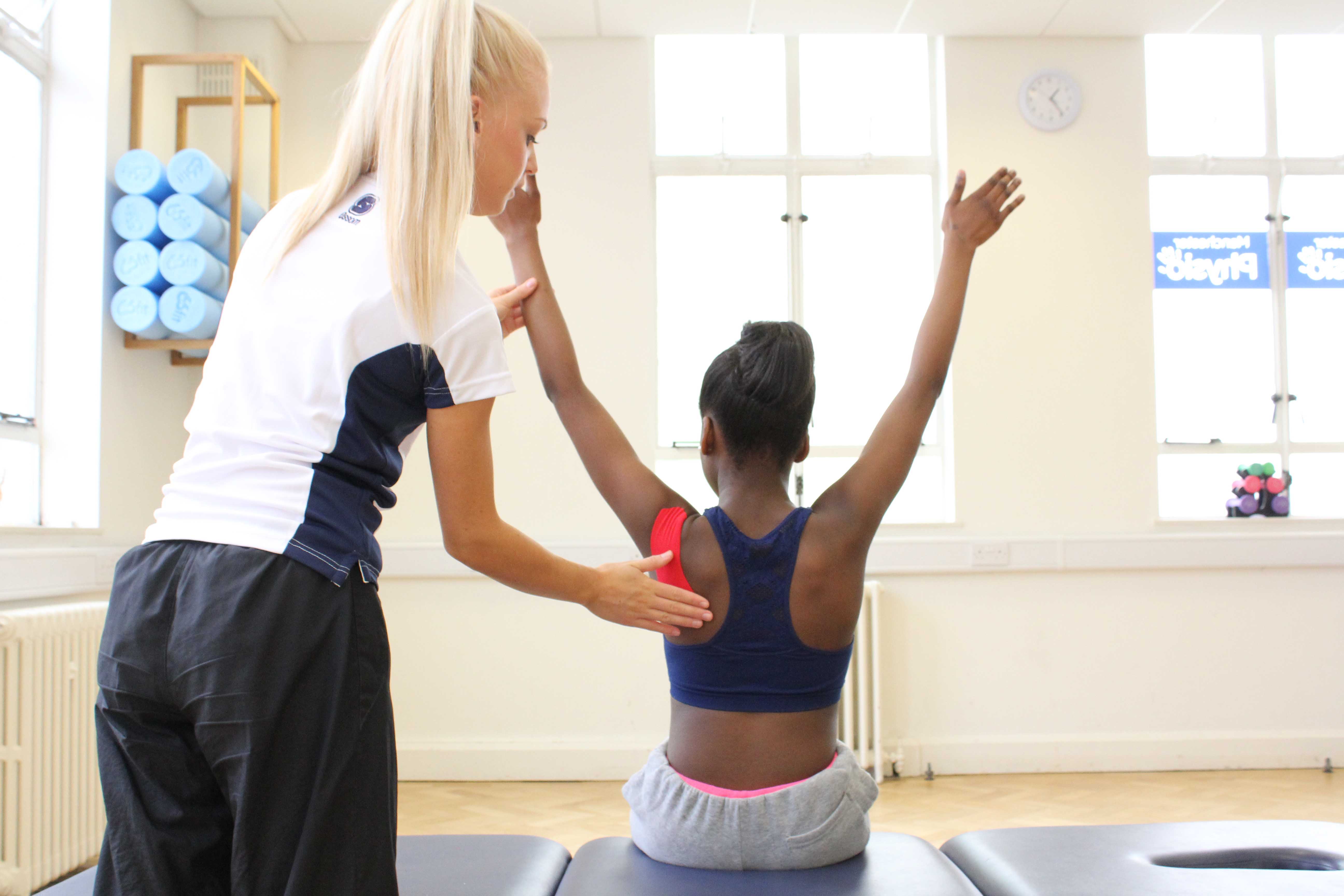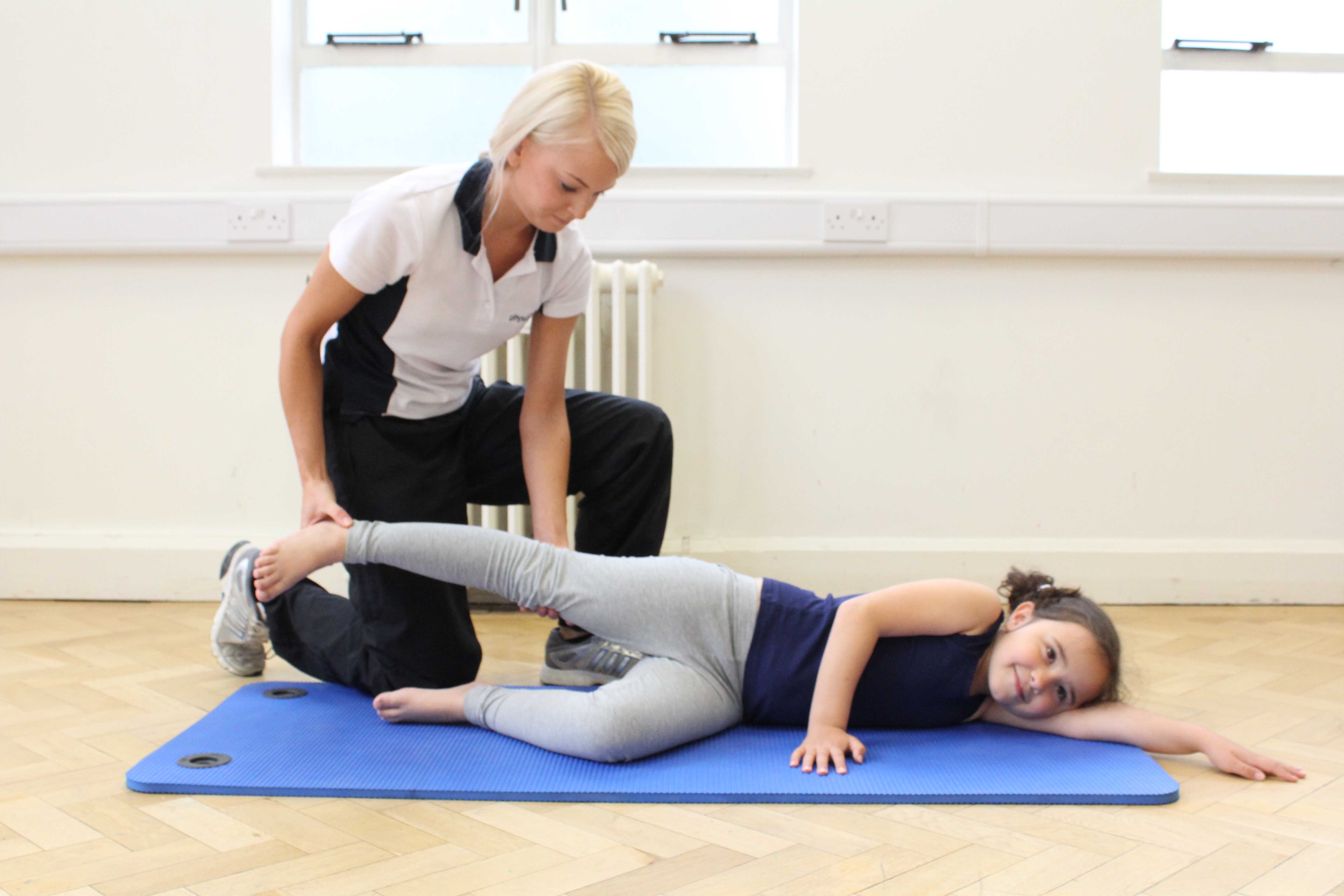What is hypermobility syndrome?
Hypermobility in children refers to joints in the body that moves easily beyond their normal range due to weakness of the connective tissue (collagen) in the muscles, ligaments, tendons and skin. This causes pain and increased risk of injury such as dislocation, strains and sprains. The symptoms of hypermobility depend on the type your child may have and include:
- MarfanSyndrome is a relatively rare genetic (inherited) condition that affects the body's connective tissues in the skeleton, eyes and heart. The connective tissue does not work effectively causing problems in the long bones of the skeleton, arms, legs and toes which can lead to skeletal abnormalities including curvature of the spine (scoliosis) and flat feet.
- Ehlers-Danlos syndrome is another inherited condition which causes disruption in the connective tissue in the skin, ligaments, cartilage and blood vessels which can result in symptoms that vary from mildly loose joints to life-threatening complications. There are many different types of EDS. The types that affect the connective tissue in the muscles, ligaments and skin include:
- Type III (Hypermobility) – affects the connective tissue causes loose joints and chronic joint pain.
- Type IV (Vascular) - causing thin, fragile skin that bruises easily. Other symptoms include hypermobility of hand and foot joints, hip dislocations, clubfoot (foot turns inward and downward) and slow healing following injury.
- Type VI (Kyphoscoliosis) – causes progressive curvature of the spine (scoliosis), fragile eyes, and severe muscle weakness
- Type VII – which affects the connective tissue and causes very loose joints and dislocations involving both hips
 Above: Stability and strengthening exercises assisted by physiotherapist
Above: Stability and strengthening exercises assisted by physiotherapistPhysiotherapy for hypermobility syndrome
At Physio.co.uk, our paediatric physiotherapists are experienced at treating children with hypermobility syndrome. Physiotherapy treatment will keep your child's muscles strong in order to support their joints and reduce their risk of injury. At Physio.co.uk our paediatric physiotherapists acknowledge that every child is unique so treatment will be suited to their needs. Your physiotherapist at Physio.co.uk will assess your child in order to provide a tailored physiotherapy treatment program. Physiotherapy treatment at Physio.co.uk will depend on your child's current symptoms but may include:
- Exercises to strengthen muscles that support the joints which are enjoyable and engaging for your child.
- Hands on techniques and passive movement to relieve pain and stiffness
- Activities to improve physical fitness and keep muscles strong
- Correcting and varying posture to reduce pain and increase comfort
- Orthotics to improve foot posture
- Provision of specialist orthotics or splints to support the joint
- Hydrotherapy to protect the jointswhilst exercising and to strengthen muscles
 Above: Stretching and toning exercises assisted by a paediatric physiotherapist
Above: Stretching and toning exercises assisted by a paediatric physiotherapistYour physiotherapist at Physio.co.uk we support and guide your child throughout their treatment in order that they develop their muscle strength in a safe way.
 Above: Physiotherapist using taping to help stabilise the muscles in the upper back during exercise
Above: Physiotherapist using taping to help stabilise the muscles in the upper back during exerciseFor more information or to book an appointment please call 0330 088 7800, or book online today!
 Above: Toning and strengthening exercises to stabilise the joints
Above: Toning and strengthening exercises to stabilise the joints
 0330 088 7800
0330 088 7800

































